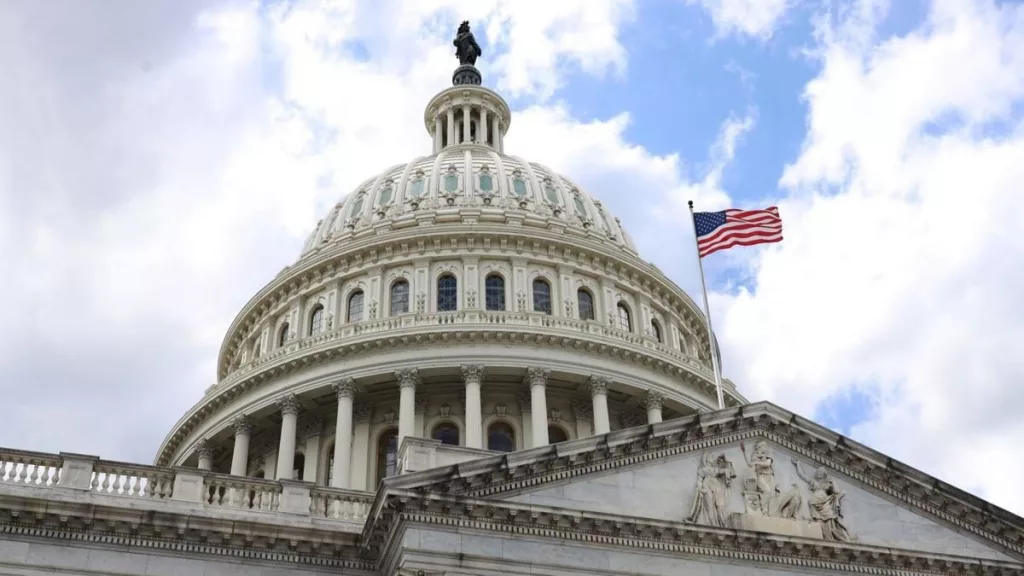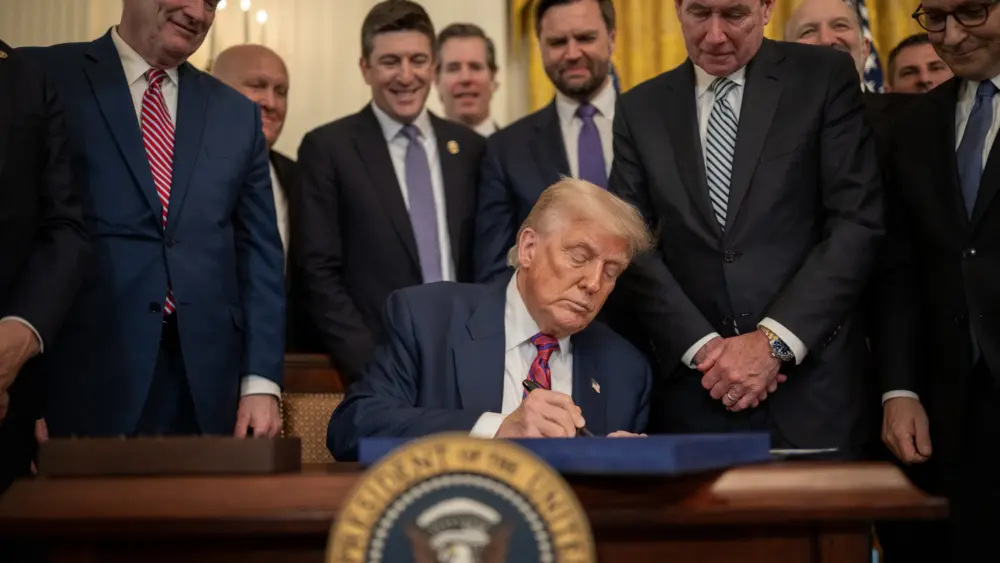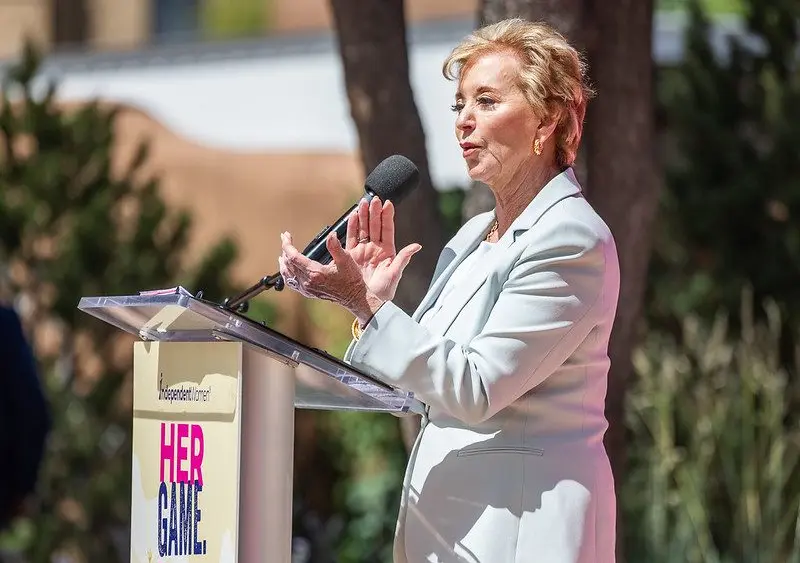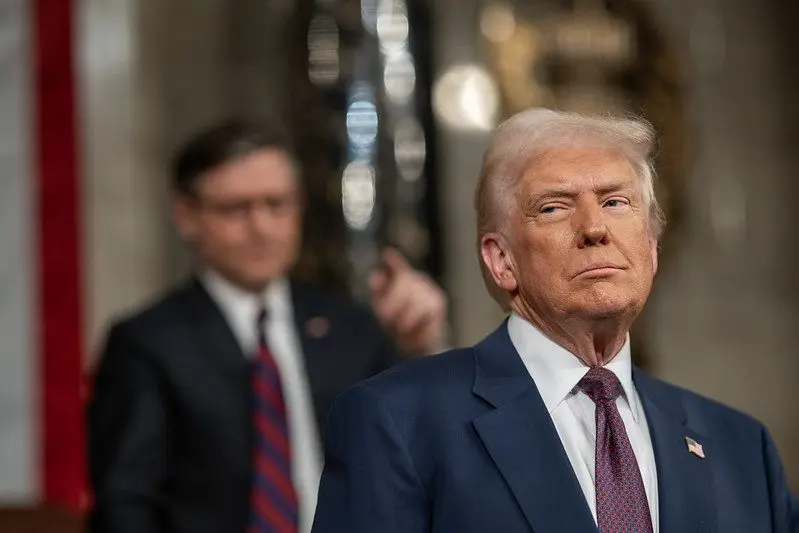WASHINGTON, D.C. – Only five weeks after the multitrillion-dollar One Big Beautiful Bill Act became law, Republicans are already charting a policy roadmap for another budget reconciliation bill.
The Republican Study Committee, which serves as the conservative caucus of House Republicans, held its first Reconciliation 2.0 Working Group meeting Wednesday with the Economic Policy Innovation Center.
According to comments RSC Chairman August Pfluger, R-Texas, and a scoop from the Washington Reporter, Republicans plan on including additional government program reforms and spending cuts in order to fulfill the fiscal requirements in the House’s original fiscal year 2025 budget resolution.
The budget resolution – which acted as a savings and spending blueprint for the budget reconciliation bill – passed by the House required that any budget reconciliation bill to have a net zero deficit impact. It directed all revenue loss (such as tax cuts) or spending provisions be fully offset by corresponding spending cuts or economic growth.
Senate Republicans amended the budget resolution, however, in order to include more of President Donald Trump’s tax policies, hiking the cost of the bill past levels fiscal conservatives were comfortable with. House Republicans only accepted the Senate’s edits because GOP leaders promised to find more spending reductions later on.
The resulting budget reconciliation bill that passed Congress along partisan lines in July – the One Big Beautiful Bill Act – will add an estimated net $4.1 trillion to the primary deficit over the next decade and implements much of Trump’s policy agenda, including the codification of his 2017 tax cuts.
A second reconciliation bill could potentially offset the first bill’s cost, provided that Republicans commit to deficit reduction over even more wish list tax cuts. Fiscal watchdog organizations have urged Republicans to focus solely on deficit reduction in any following legislation, pointing to the Congressional Budget Office’s estimate that the OBBBA will add at least $4.1 trillion to the national debt by 2034.
Another bill would also allow Republicans to pass even more of Trump’s agenda without needing any Democratic support. Budget reconciliation rules allow for such bills to pass both chambers by simple majority, and Republicans control both chambers of Congress.
But another ‘big, beautiful bill’ could also act as the final nail in the coffin for any bipartisanship with Democrats, who vehemently opposed the OBBBA and became further angered over the recently passed $9 billion rescissions bill.
Republicans are already facing pushback from Democrats in the normally bipartisan process of funding the federal government, risking a government shutdown in September.





